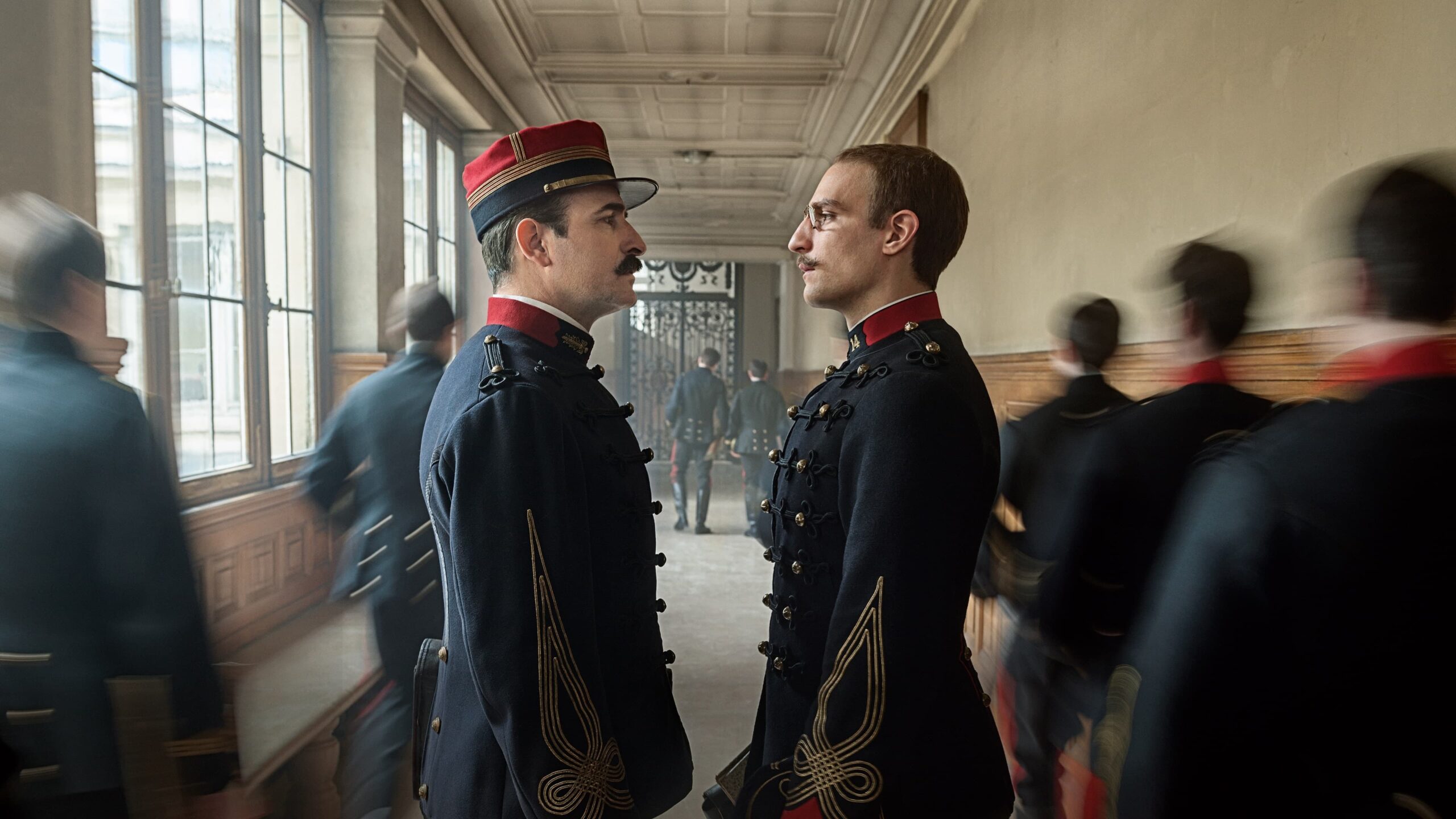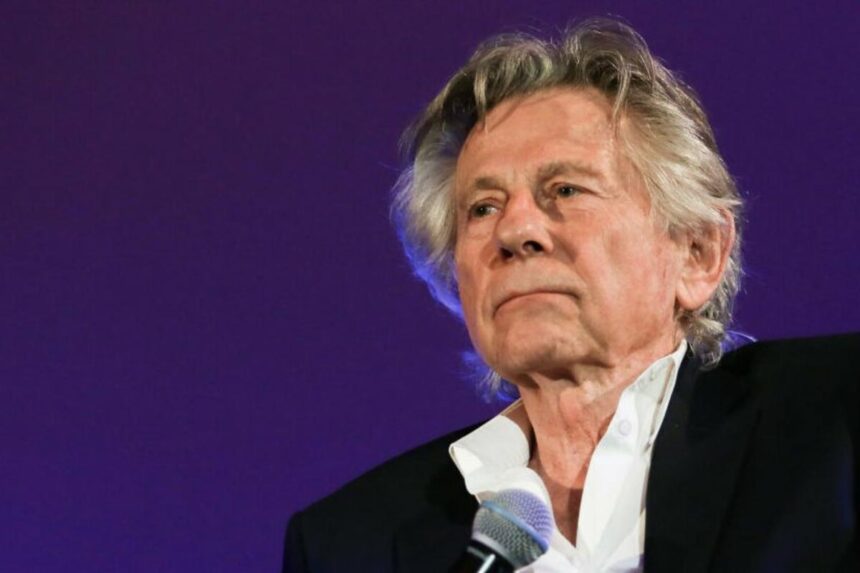In 2019, Roman Polanski released An Officer and a Spy, a gripping historical drama based on the true events of the Dreyfus affair—a notorious case of wrongful conviction and anti-Semitism in 19th-century France. The film, featuring a standout cast that includes Jean Dujardin, Louis Garrel, and Emmanuelle Seigner, was shot with an exquisite eye by cinematographer Pawel Edelman, whose natural lighting and detailed compositions evoke the era's texture with striking authenticity. It premiered to critical acclaim, clinching the Grand Jury Prize at the Venice Film Festival and later scoring 12 César Award nominations, including a win for Best Director.

Yet, despite its accolades, An Officer and a Spy has faced a near-complete blackout in English-speaking countries, with no theatrical release in the US or UK. The film's exclusion from major markets is not due to any lack of merit but rather stems from ongoing controversy surrounding Polanski's criminal history, specifically a statutory rape conviction from the 1970s. Although the film has been released in various countries worldwide, distributors in the US and UK have distanced themselves from Polanski, signaling a shift in how the industry approaches separating art from the artist.
The film's public screening at the UK Jewish Film Festival in 2023 marked its first official presentation in the country, where the festival's chief executive, Michael Etherton, defended the decision, citing the film's relevant themes of anti-Semitism and injustice. Etherton emphasized the importance of allowing audiences to engage with art, even if it means confronting uncomfortable or controversial aspects. The screening at the festival was a rare opportunity for UK viewers to experience a film that has been lauded across Europe for its intelligent direction and compelling narrative.

As US distributor Howard Cohen of Roadside Attractions mentioned, the question of whether to release An Officer and a Spy remains unsettled. Although Polanski has received industry recognition before, including an Academy Award for The Pianist in 2003, cultural attitudes have evolved, with heightened scrutiny on the ethics of supporting filmmakers with problematic pasts. The controversy presents a dilemma: on one hand, An Officer and a Spy is a piece of art that addresses significant historical and social issues; on the other hand, the director's history casts a long shadow over the film's reception.
The film's continued absence from theaters in the US and UK raises concerns about the consequences of cultural censorship. Are we denying audiences the chance to engage with an important cinematic work due to moral considerations about its creator? Or does Polanski's past rightfully overshadow his art, warranting a rejection of his work despite its critical value?
With major awards, festival acclaim, and a compelling story, An Officer and a Spy has proven itself as a work of significant artistic achievement. But whether audiences in the US and UK will ever see it on the big screen remains a question of ethics and cultural values as much as it is about cinematic quality.
The absence of An Officer and a Spy from major English-speaking markets is a significant cultural loss. While Polanski's criminal history is serious and deserving of scrutiny, the film's artistic value and its exploration of critical themes like justice and anti-Semitism offer meaningful contributions to discourse that shouldn't be ignored.
Do you think a director's personal history should influence whether their films are released, or should art be evaluated separately from its creator?













Any censorship is wrong.
True, art often transcends its creator, but ignoring Polanski’s history feels like willful blindness. Films like An Officer and a Spy deserve discourse, yet perhaps not at the cost of diminishing accountability. The balance between justice and artistic celebration remains tricky—and unresolved
The exclusion of An Officer and a Spy from major English-speaking markets raises a pivotal question: can we ethically separate art from the artist? This absence feels less like censorship and more like a collective moral stance, reflecting the evolving values of the audience.